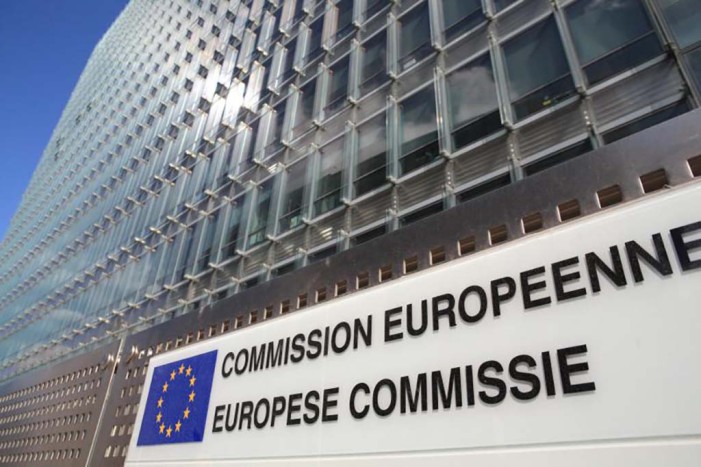
A yearly European Commission (EC) report under the title 2017 Economic Reform Programmes of Albania, the former Yugoslav Republic of Macedonia, Montenegro, Serbia, Turkey, Bosnia and Herzegovina and Kosovo: The Commission’s Over and Country Assessments, published on June 6 is optimistic about economic growth in the Balkans, predicting and overall growth of the GDP over the next few years in all countries surveyed in the report, including Albania.
The EC expects the GDP growth to increase from a project 3.8% in 2017 to 4.2% 2019, and unemployment to drop from 14.4% in 2017 to 12.5% in 2019.
In spite of these positive predictions, the EC still sees a number of obstacles:
- Although debt is stabilized, public debt still exceeds 70% of GDP. The EC also indicates that “the country’s fiscal adjustment plans are markedly less ambitious than in last year’s programme and aim mainly at locking-in the recently achieved consolidation gains.” This means that under the future plans of the Rama government, public debt will only decrease if the GDP continues to grow. The EC predicts a public debt of 68.9% in 2017, dropping to 62.8% in 2019.
- “The overhang of non-performing loans still burdens banks’ balance sheets and impedes credit recovery.” In 2016, 18.3% of all loans were non-performing, an increase from 17.7% in 2015.
- “Inefficiencies in the energy sector, including insufficient security of supply, continue to weigh on Albania’s competitiveness. “
- “The lack of clarity around land ownership is among the key constraints on Albania’s economic development, affecting a number of sectors including infrastructure and industrial development, agriculture, the property market and access to finance.”
- “High structural unemployment and inactivity and a widespread skills mismatch are the main challenges for the labour market.”

